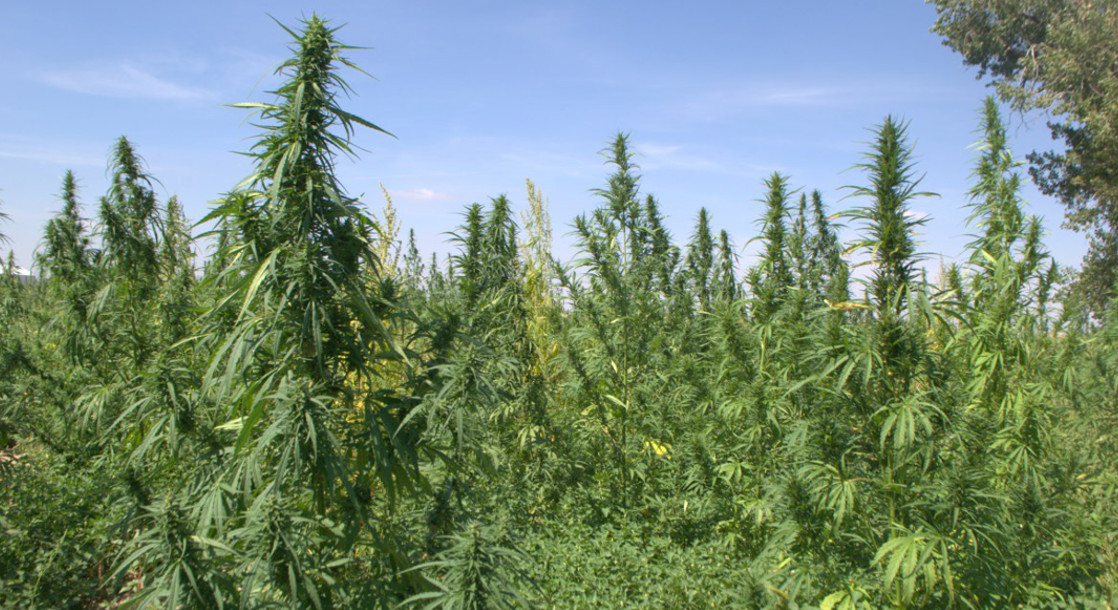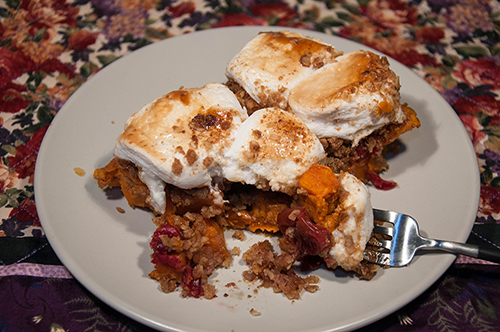A bill to legalize industrial hemp throughout the country is making progress in the House of Representatives, increasing the likelihood that the U.S. will join the majority of developed countries in cultivating hemp as a federally legal crop. Bill HR-3530, introduced by Rep. James Comer, is currently being heard in both the Subcommittee on Health and the Subcommittee on Crime, Terrorism, Homeland Security, and Investigations.
Legislation to legalize hemp has been introduced multiple times since 2005, but this is the first time that the bill has made it to committee. "This is the first time we've gotten a consensus from law enforcement, judiciary committees," Jason Amatucci, founder of the Virginia Industrial Hemp Coalition, said. "We've got to give Bob Goodlatte a lot of credit. Having him on board has got us a lot of momentum and allowed us to get it to the committees."
Rep. Bob Goodlatte said that he is “totally committed” to hemp legalization, even though he is opposed to marijuana legalization. Goodlatte said that he encouraged Energy and Commerce Committee chairman Rep. Greg Walden to keep pro-marijuana legislation separate from hemp “so it doesn't get bogged down” and can “get commercialized as rapidly as possible.”
Amatucci said that Goodlatte's support has given the bill “a lot of momentum,” and is optimistic that it will pass both the subcommittees and the House. Amatucci also believes that the Senate will support the legislation, as Senate Majority Leader Mitch McConnell strongly supports the bill. "He's our main guy, as is Rand Paul,” Amatucci said. “I think we'll be OK. Legislation-wise I think we're rolling right along."
Thirty states have already legalized the production of hemp in some form, but many states currently limit production to research purposes. If the bill passes, all federal restrictions on hemp cultivation will end, and banks and insurance companies will no longer be prohibited from dealing with hemp farmers or processing businesses. Hemp would regulated in the same way as any other standard crop (such as corn, wheat, or soybeans) like it is in most other developed countries.











